Australia is experiencing an increase in cyber incidents in 2023, with recent incidents such as the Medibank, Optus, and Woolworths hacks having a significant impact on individuals and businesses. An upcoming threat is juice jacking, as more people use public and semi-public USB charging stations to charge their phones, tablets, cameras and other devices.
Juice jacking, also referred to as a charging attack, is a type of cyber breach where a hacker modifies a public USB charging station. This gives them access to your device, or to install malware on a mobile phone or tablet that is plugged into the USB port. This allows them to steal data from a device, including passwords, credit card details, and personal photos. Both Apple iPhone and Android devices are sensitive to this type of attack.
A variation to this attack is where devices such as charging banks, fans or other electronic devices have pre-installed malware, which can infect a computer when connected to charge them. An infamous attack happened in 2018, when journalists attending a press conference in China were given USB drives shaped like fans. These drives turned out to be infected with malware designed to steal data from laptops and phones. This incident highlights the dangers of using USB drives from unknown sources.
How Does A USB Data Blocker Work?
The difference between cheap and premium data blockers
USB Data Blockers are everywhere, from Temu to Amazon. But how do you choose the right one? Let's explore the difference between cheap and premium options.
Generic overseas devices increase the risk on:
- Inconsistent protection is needed as they can have intermittent functionality, fail to block data transfer, or allow unauthorised access.
- Poor build quality, which makes them prone to physical damage and malfunction.
- Questionable security as they may not provide adequate protection against attacks.
- Low charging speeds as cheaply built blockers only allow limited voltages and will only charge your devices at slow speed or cause compatibility issues.
Premium USB Data Blockers ensure:
- Effective protection using advanced chipsets to ensure reliable and consistent data protection.
- Superior build quality made of high-quality materials to withstand daily use.
- Trusted security and tested by Australian Cyber Security experts to ensure reliable performance.
- High charging speeds with charging speeds up to 2A/50V to charge your device in a short time, compatible with any USB device.
USB Hacking In Australia
There have been recent incidents and warnings related to juice jacking in Australia. In 2019, the University of Technology in Sydney warned students about the risk of juice jacking after they reported their devices were infected with malware after using public charging stations on campus.
In 2020, the Australian Cyber Security Centre (ACSC) issued a warning about a new type of juice-jacking attack targeting Android devices. This attack uses a malicious USB cable to install malware on Android devices that can steal personal data and financial information.
In 2023, the FBI issued a warning about the risk of juice jacking at airports around the world. The FBI warned that criminals are targeting airports, including airports in Australia, because they are places where people are often distracted and may not be paying close attention to their devices. Airports also allow hackers, motivated by financial, political, or other malicious motives, to roam free in an international zone, where they are not checked by border control or customs.
USB security attacks are still a threat in 2024. While security professionals keep an eye on new threats, the UBS attack vector is still very real. Cybersecurity expert Andy Milford warns that USB-based attacks remain a serious and often overlooked threat, despite not always making headlines.
These "old" attack vectors, including devices like USBKillers, Juice Jackers, and Rubber Duckies, continue to pose significant risks for planting malware, stealing data, and even facilitating employment fraud by mimicking user input. Milford emphasises that IT professionals must understand these enduring threats, which are serious enough to warrant FBI warnings, and implement strong mitigation strategies, especially given the amplified risks presented by BYOD and hybrid work models.
Other ways to prevent juice jacking
You can take action to protect against juice jacking or charging attacks:
- If you are using a public charging station, disable data transfer on your device (and don't click yes when asked to trust the device).
- Keep your operating system and security software up to date.
- Use a USB Data Blocker when charging your devices when travelling, in a public space or using a workstation.
- Only charge USB accessories, such as a fan, charging bank or other devices, with your laptop or computer when using a USB Data Blocker to prevent any unintentional malware from being installed on your device.

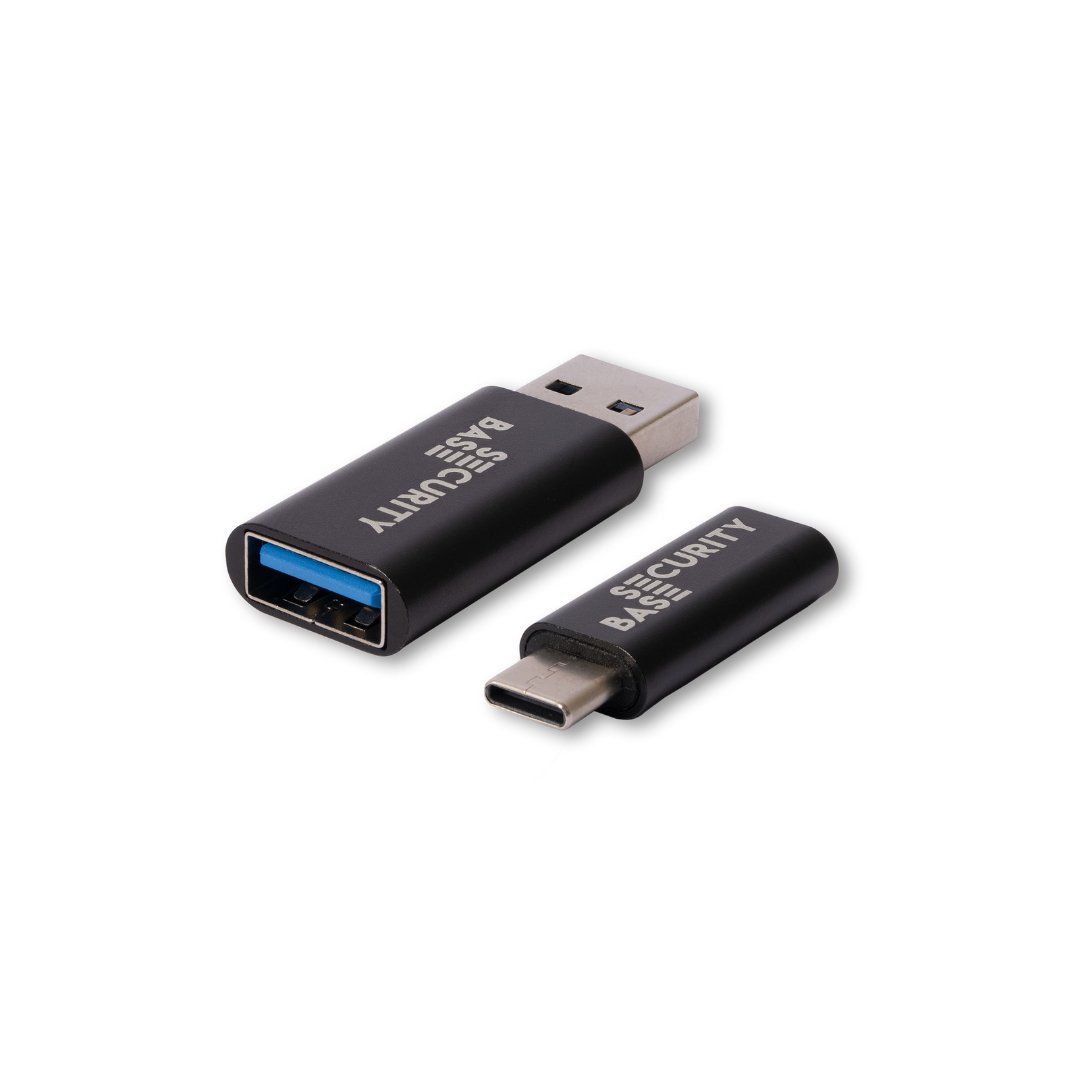
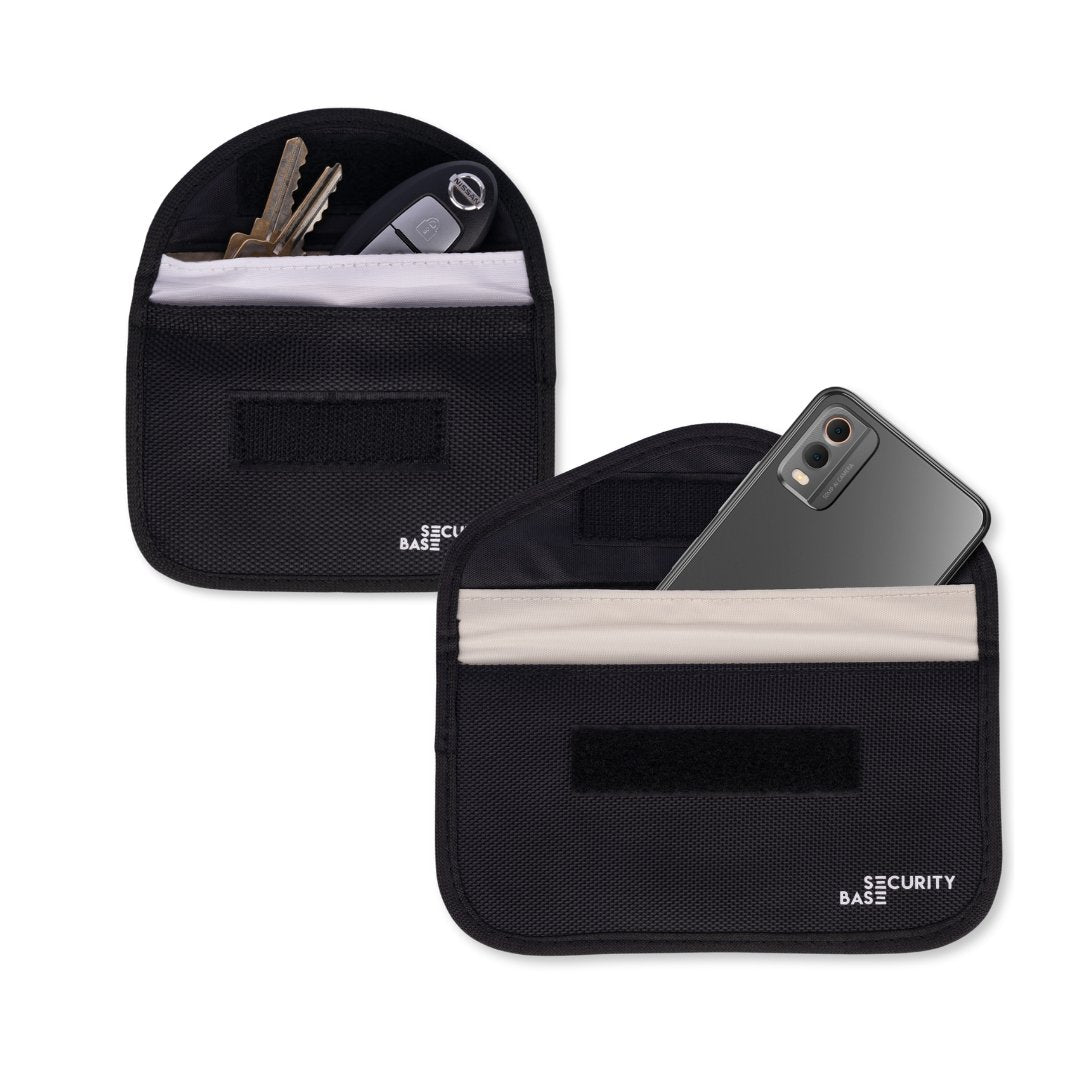
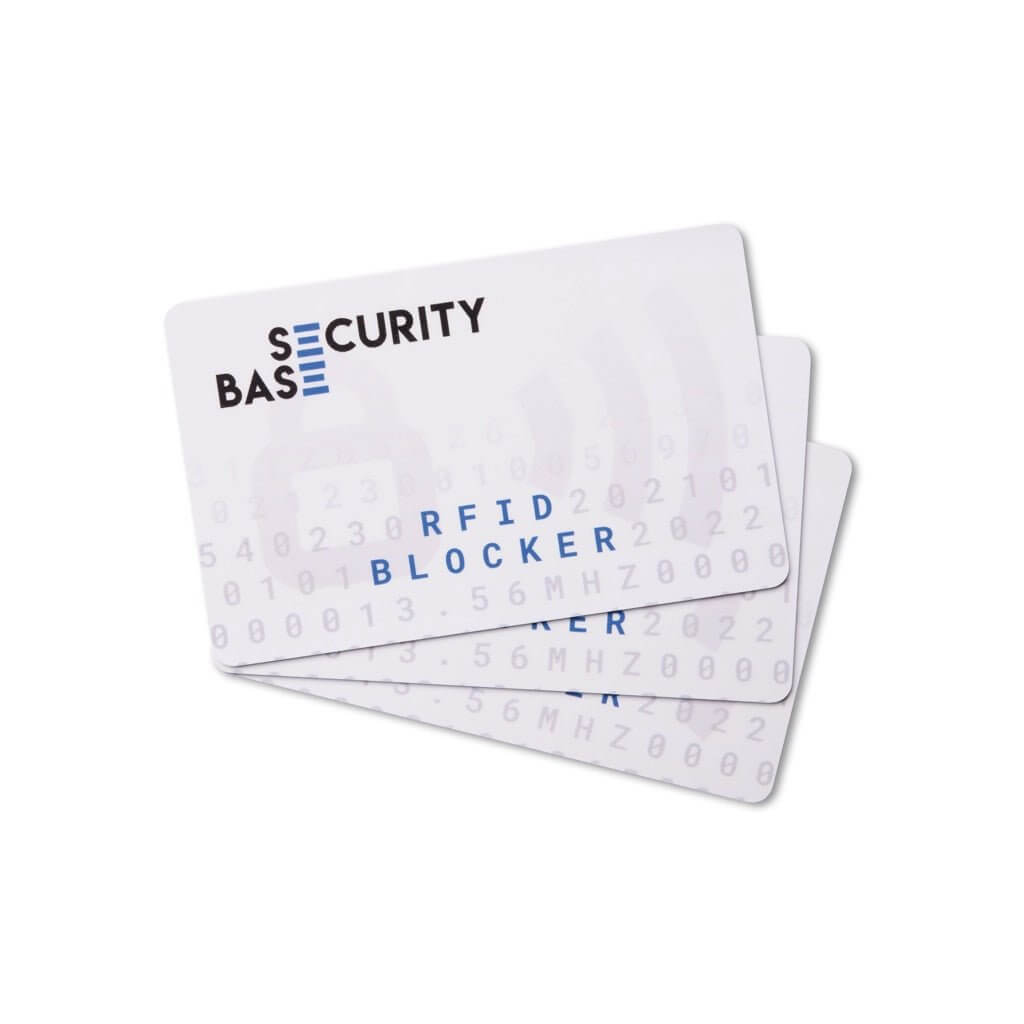
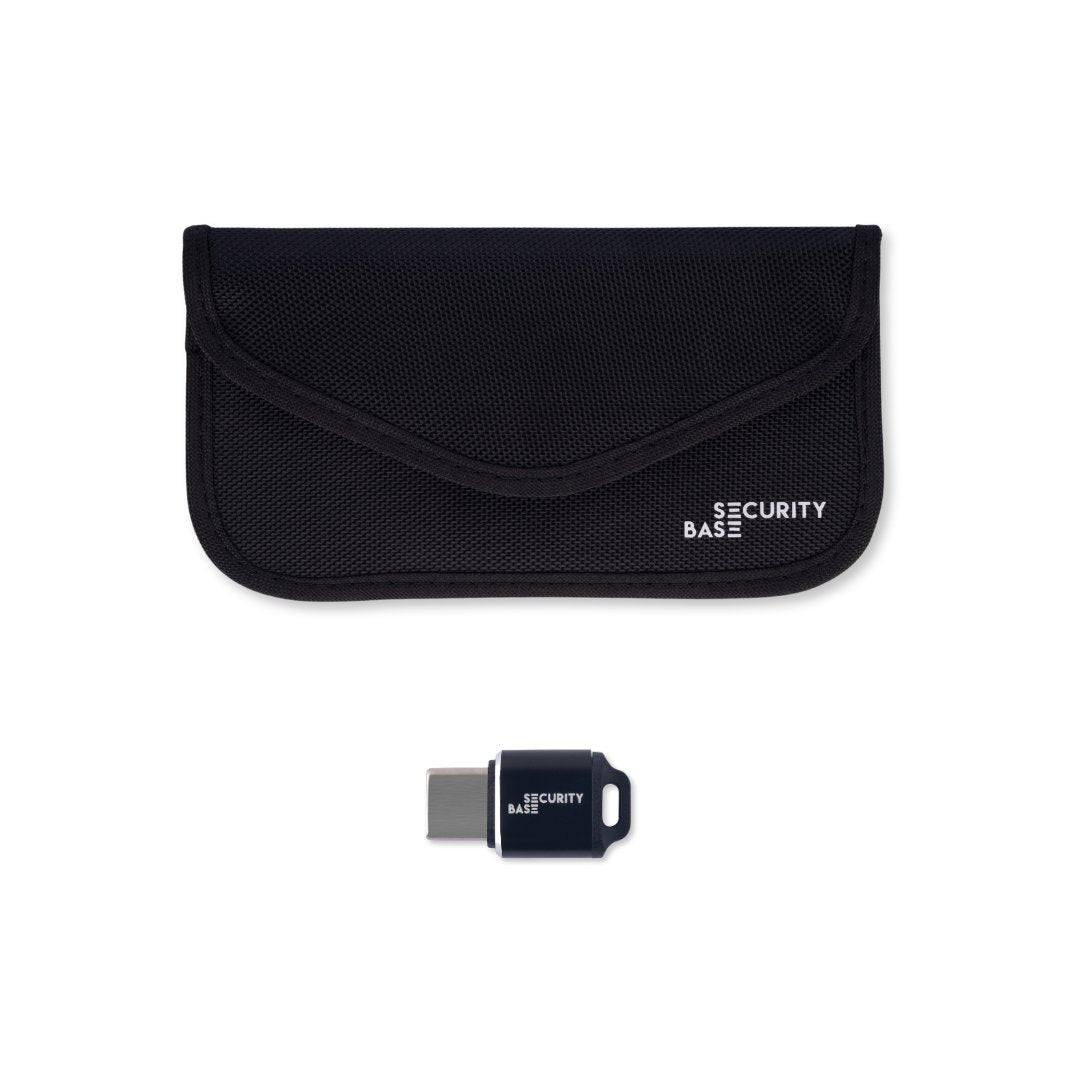
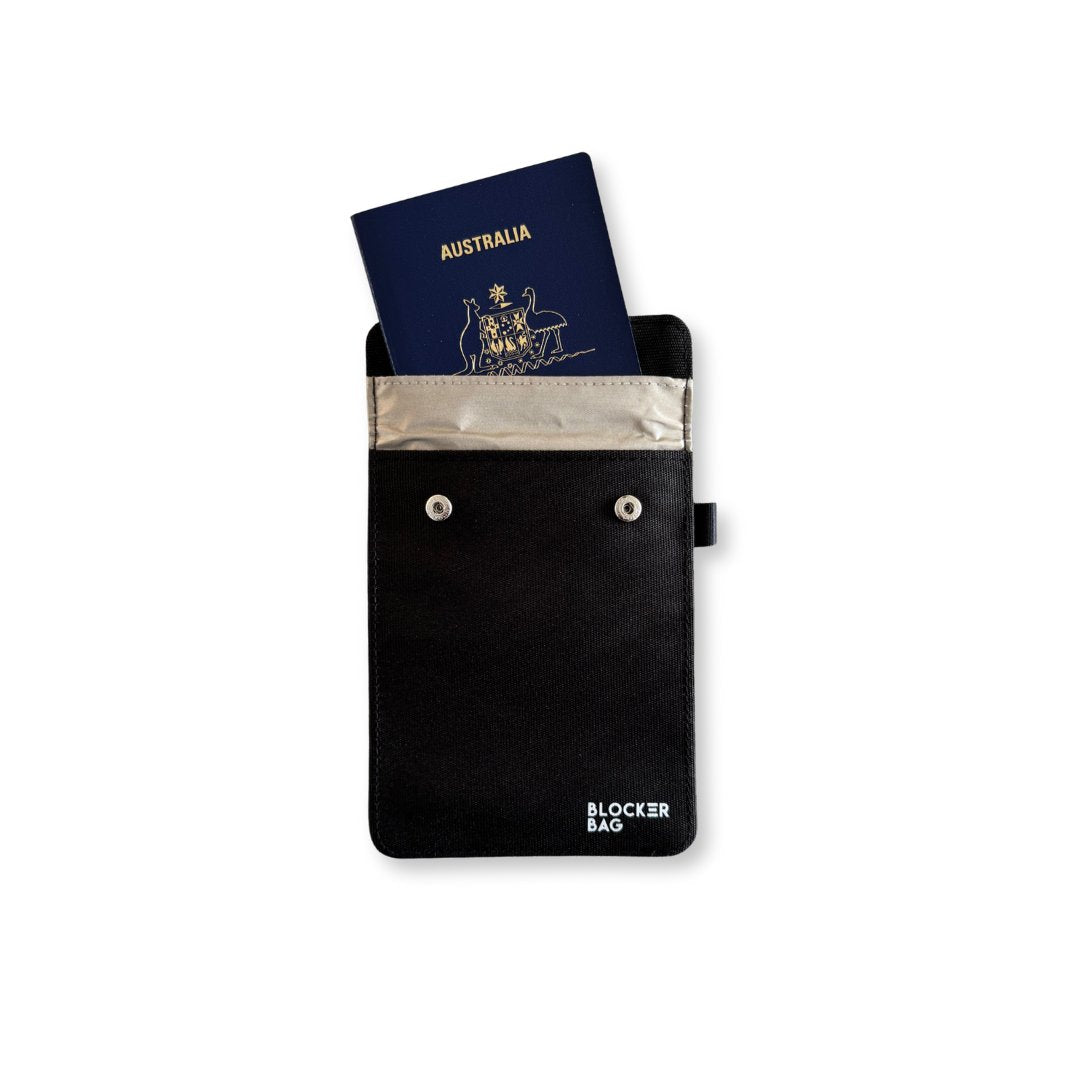


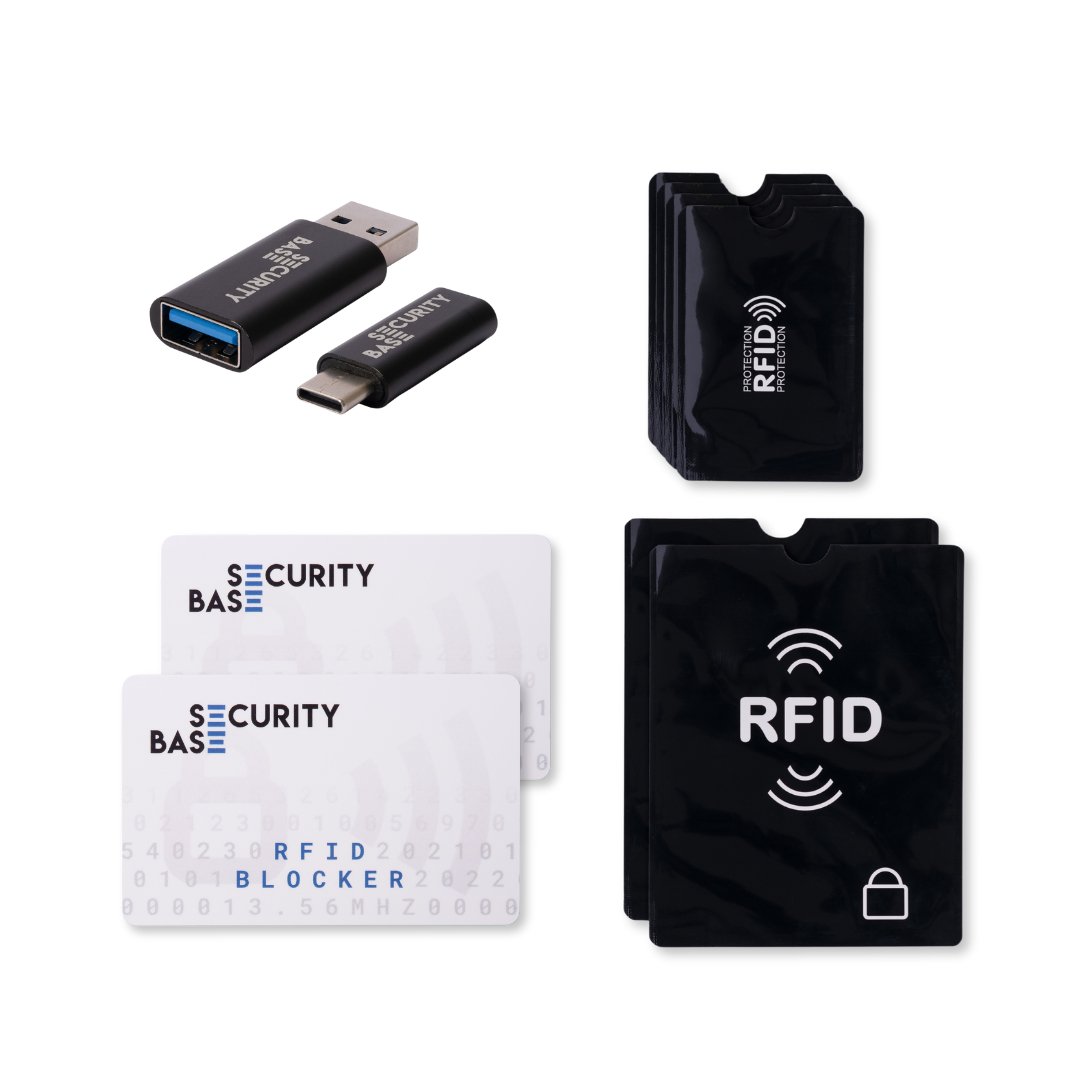

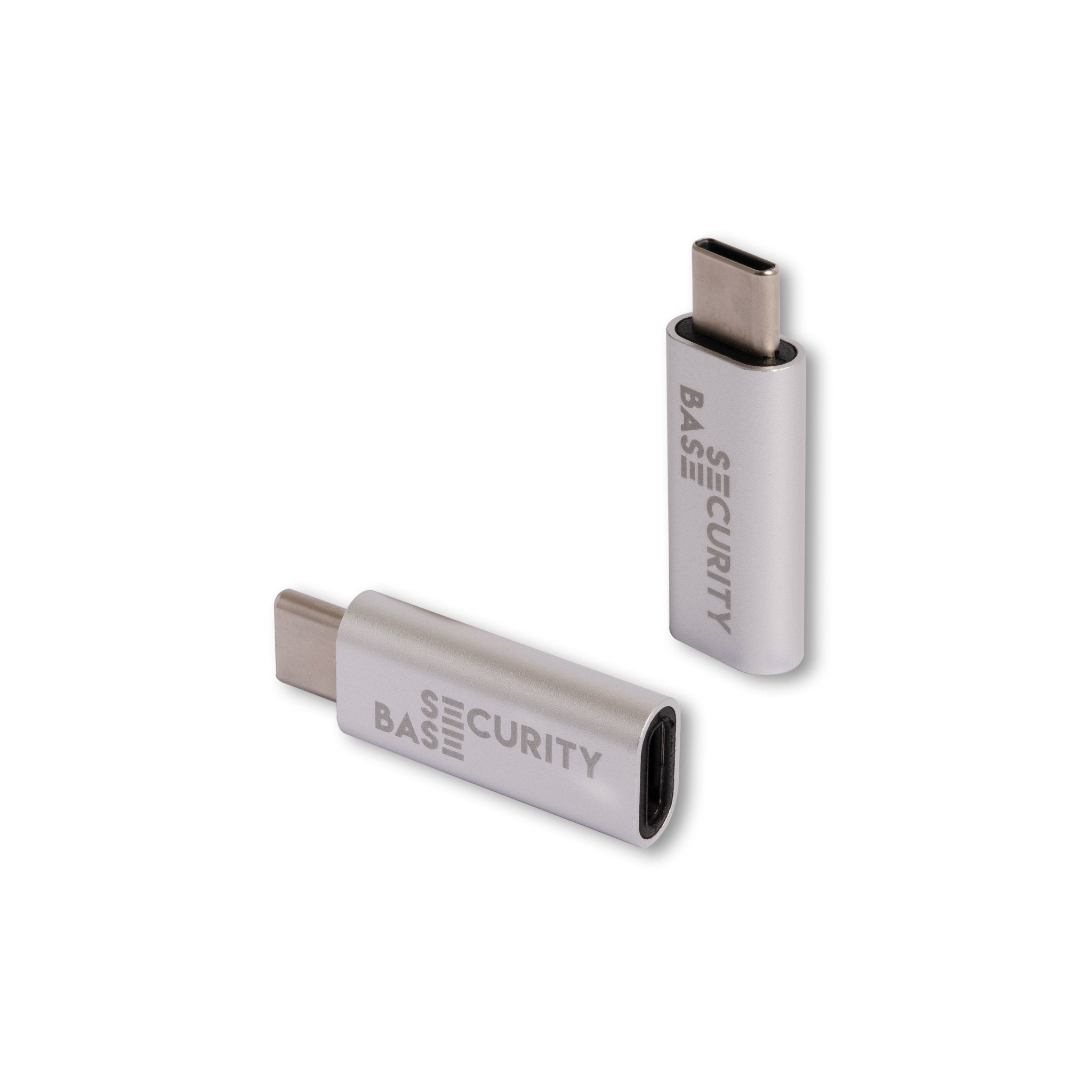
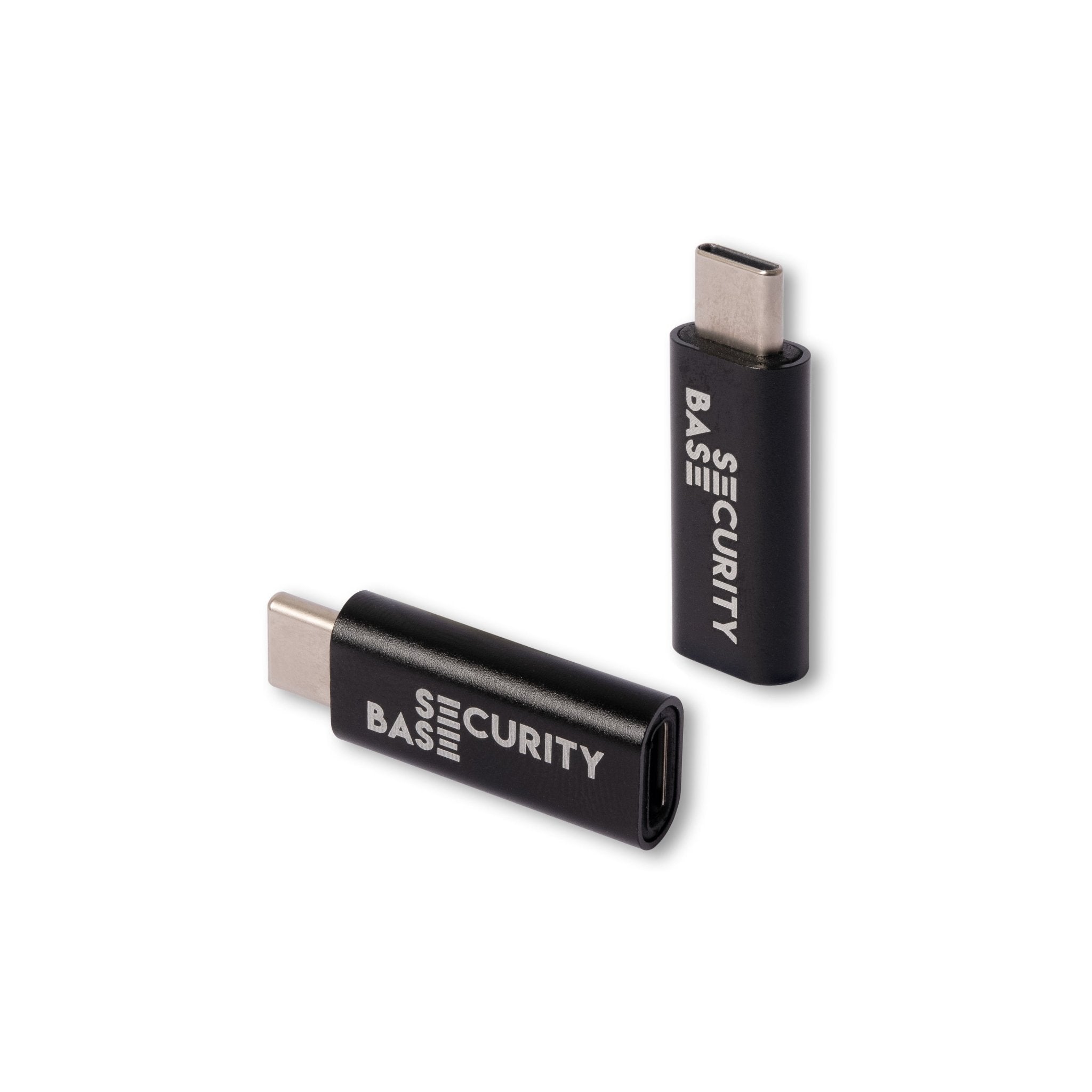
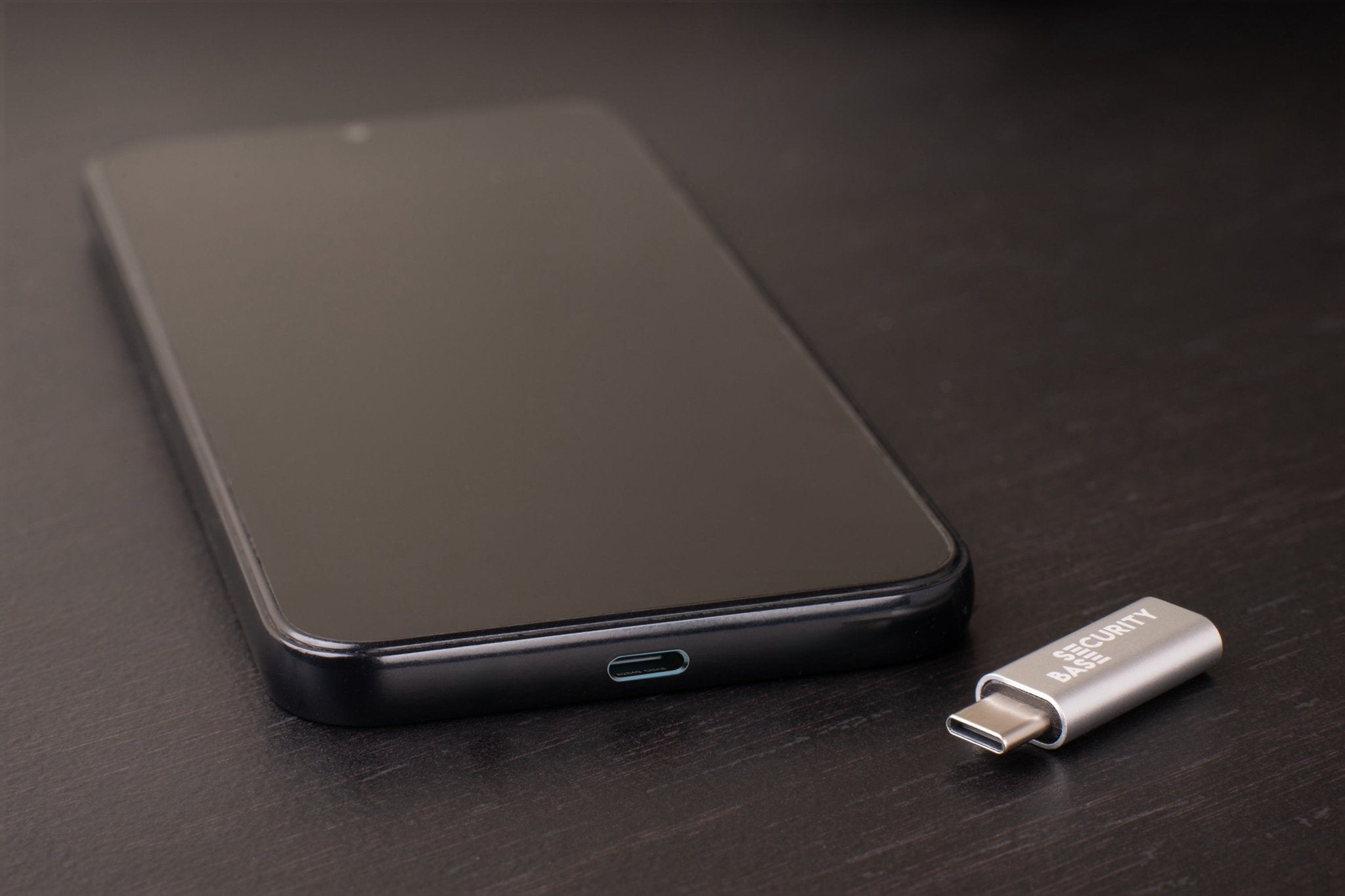
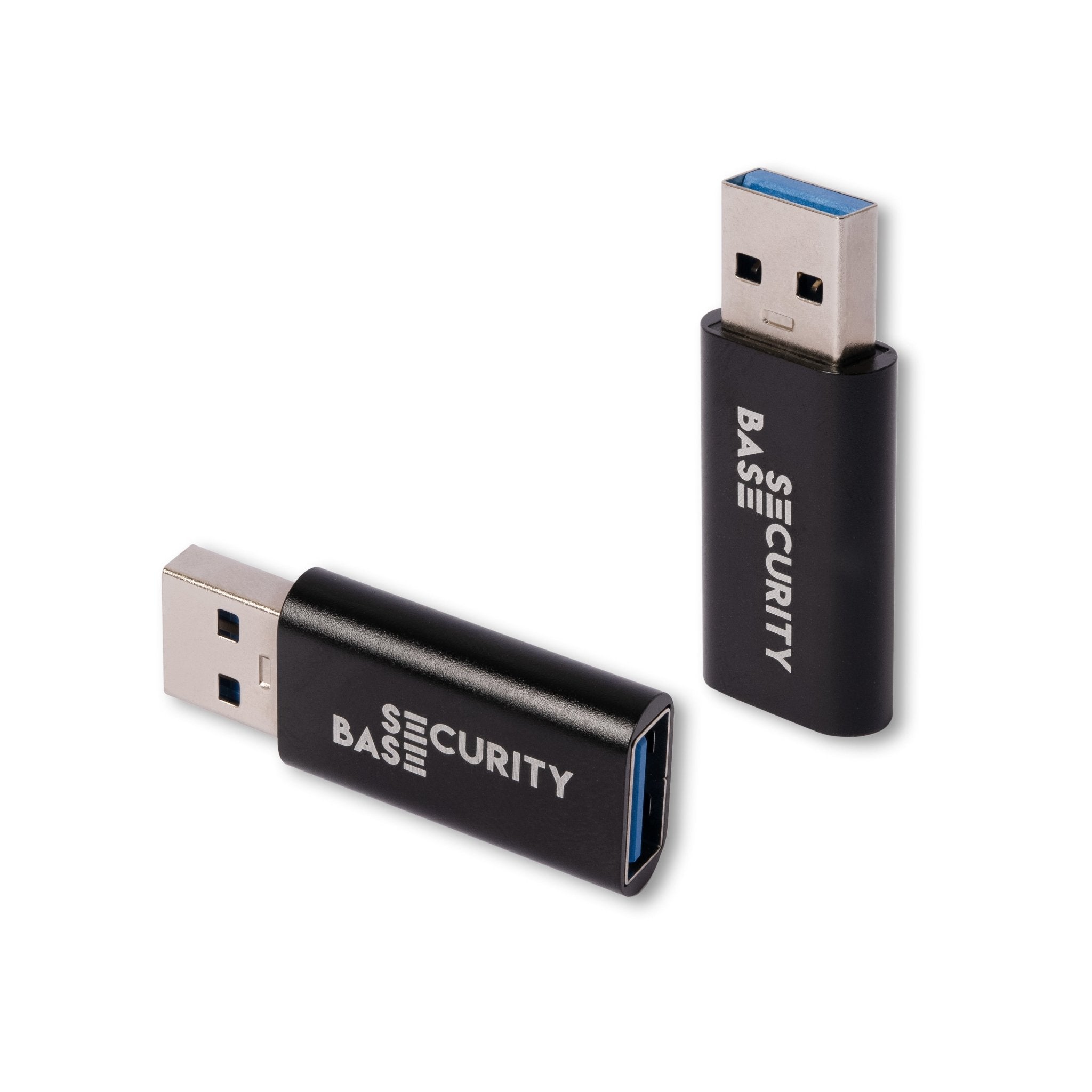
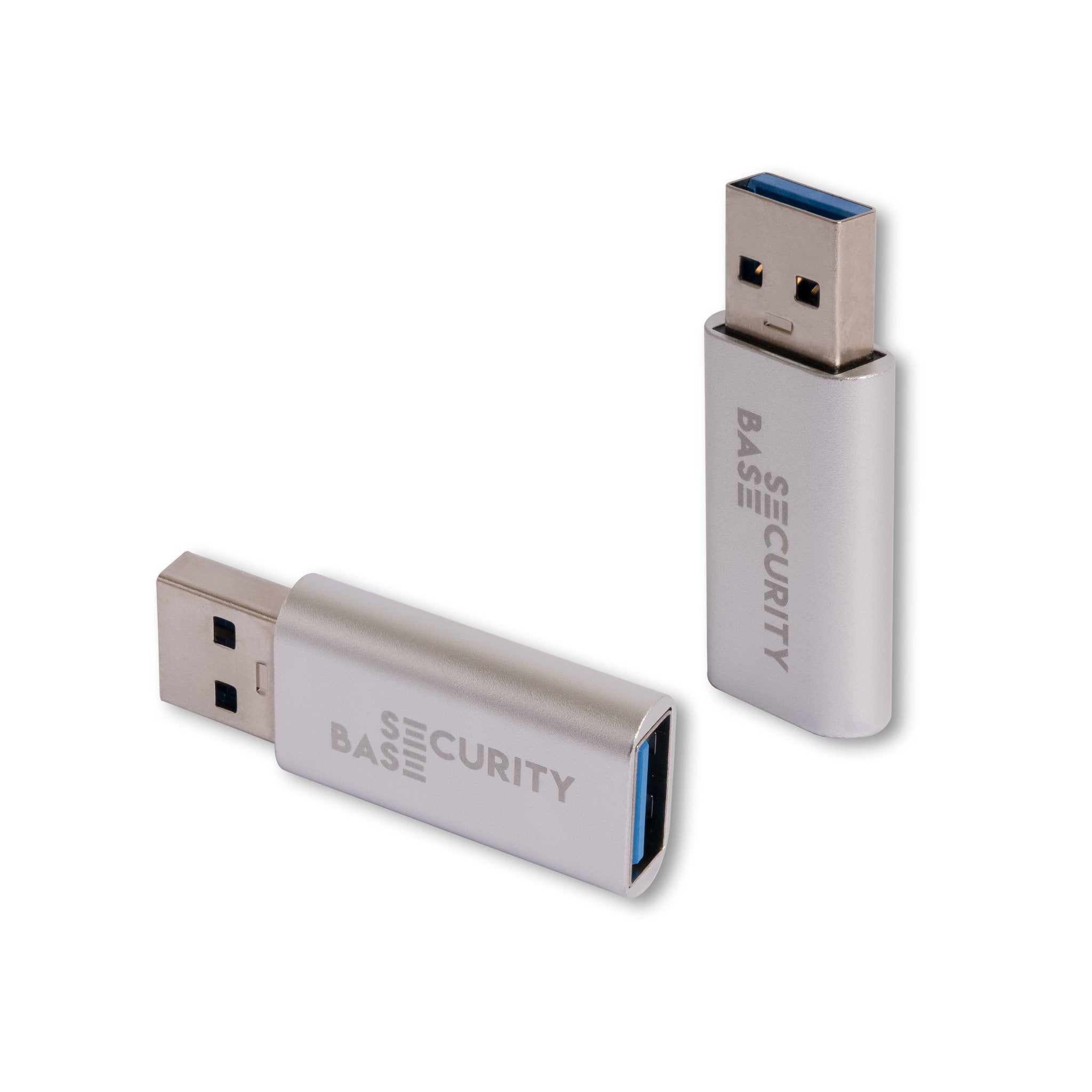
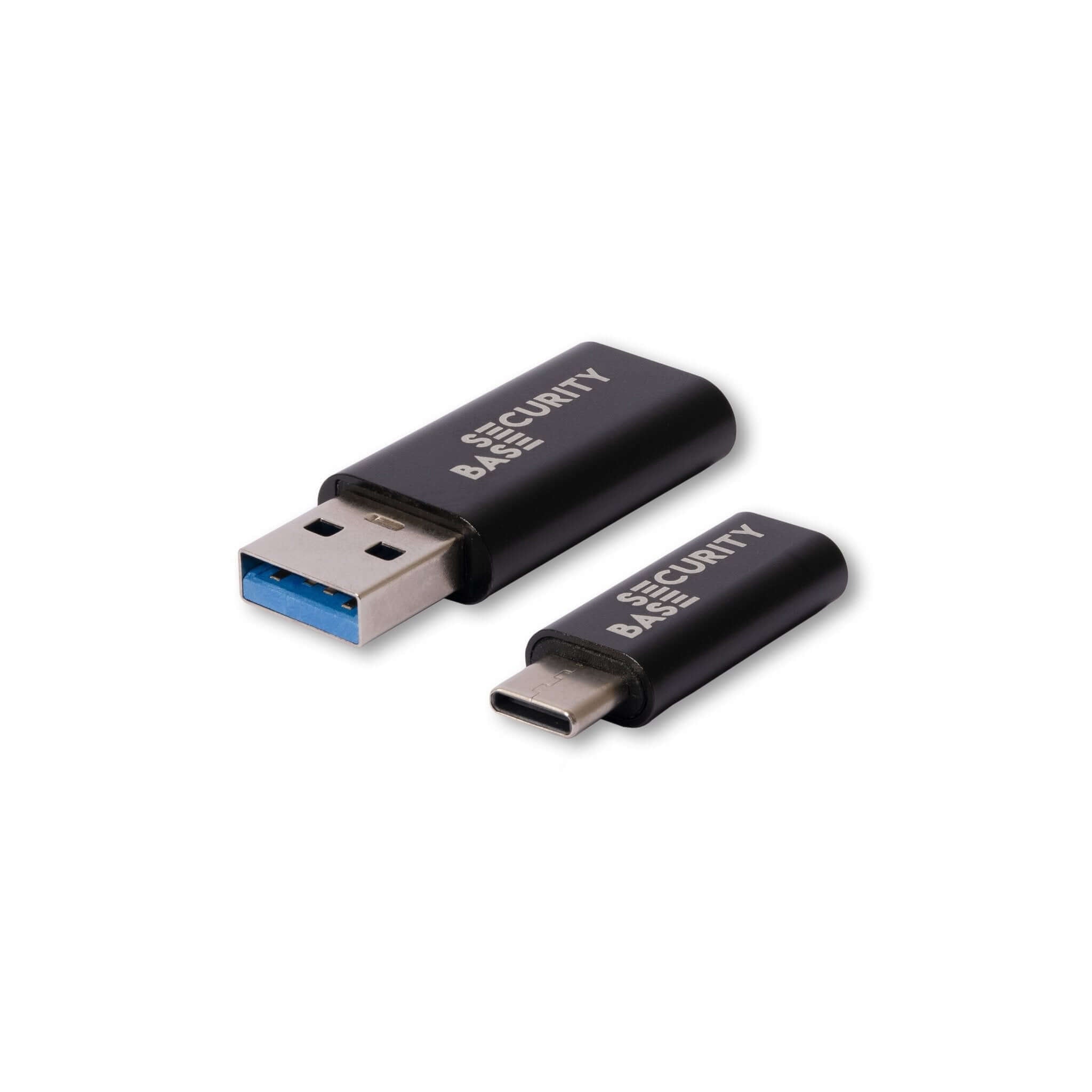
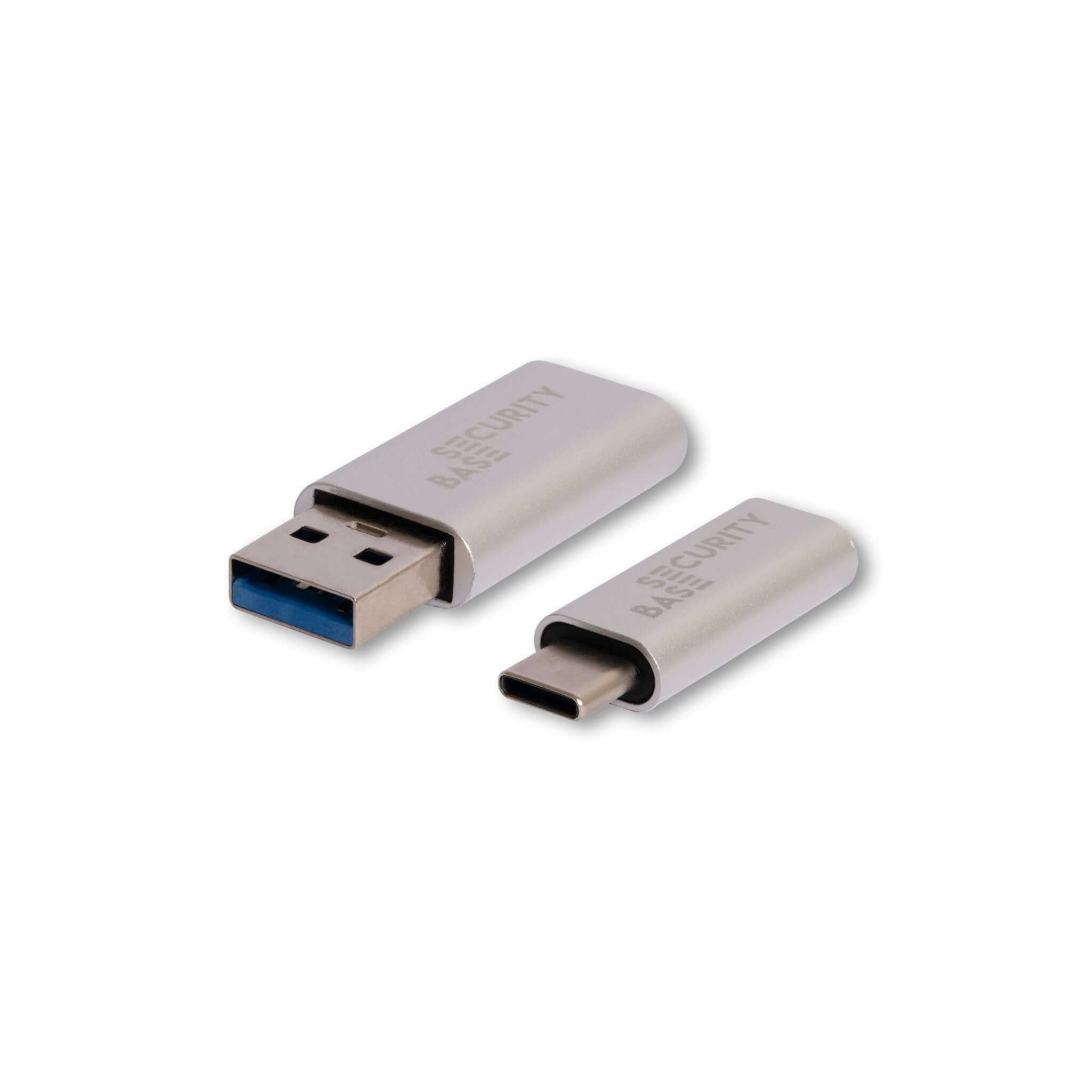
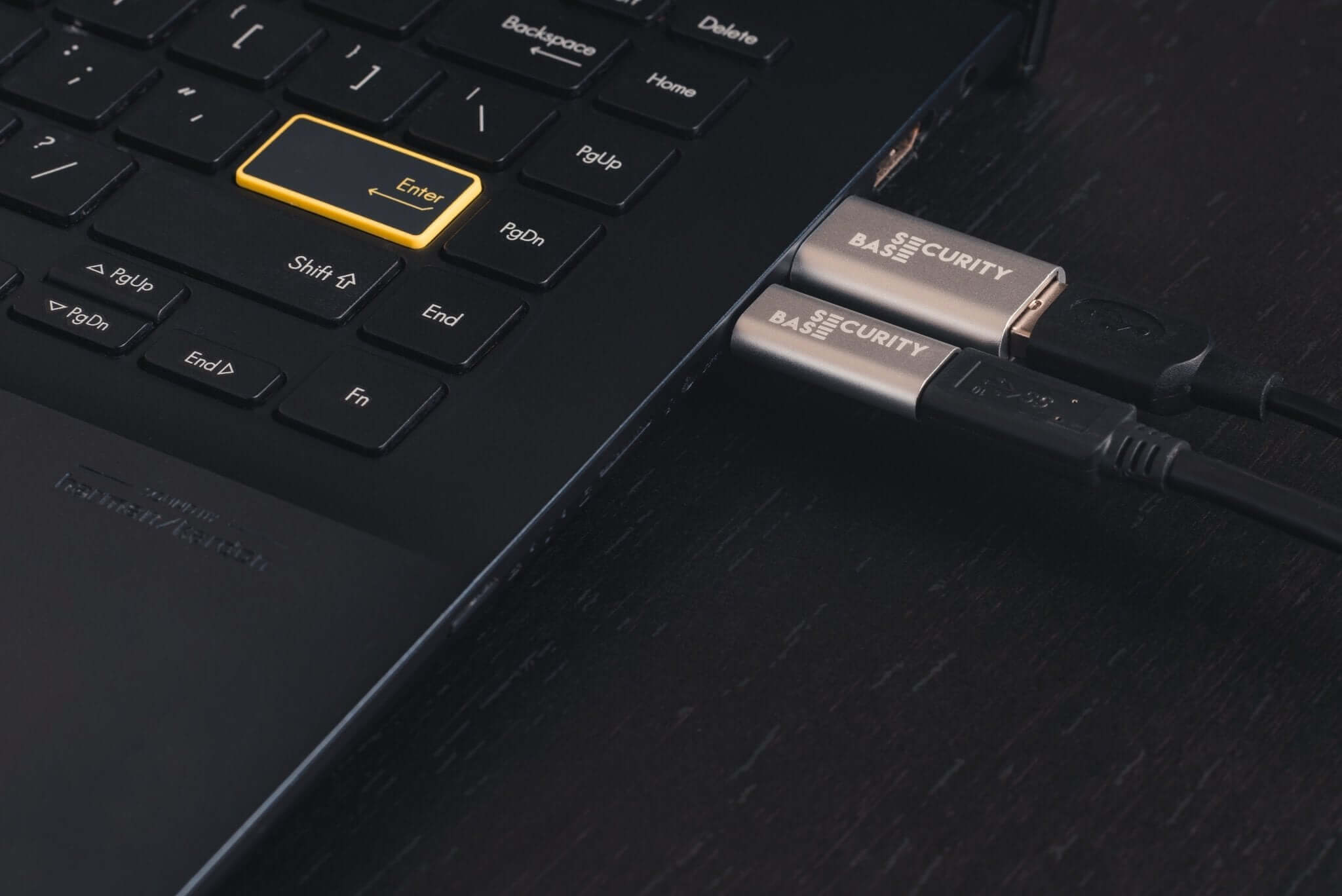
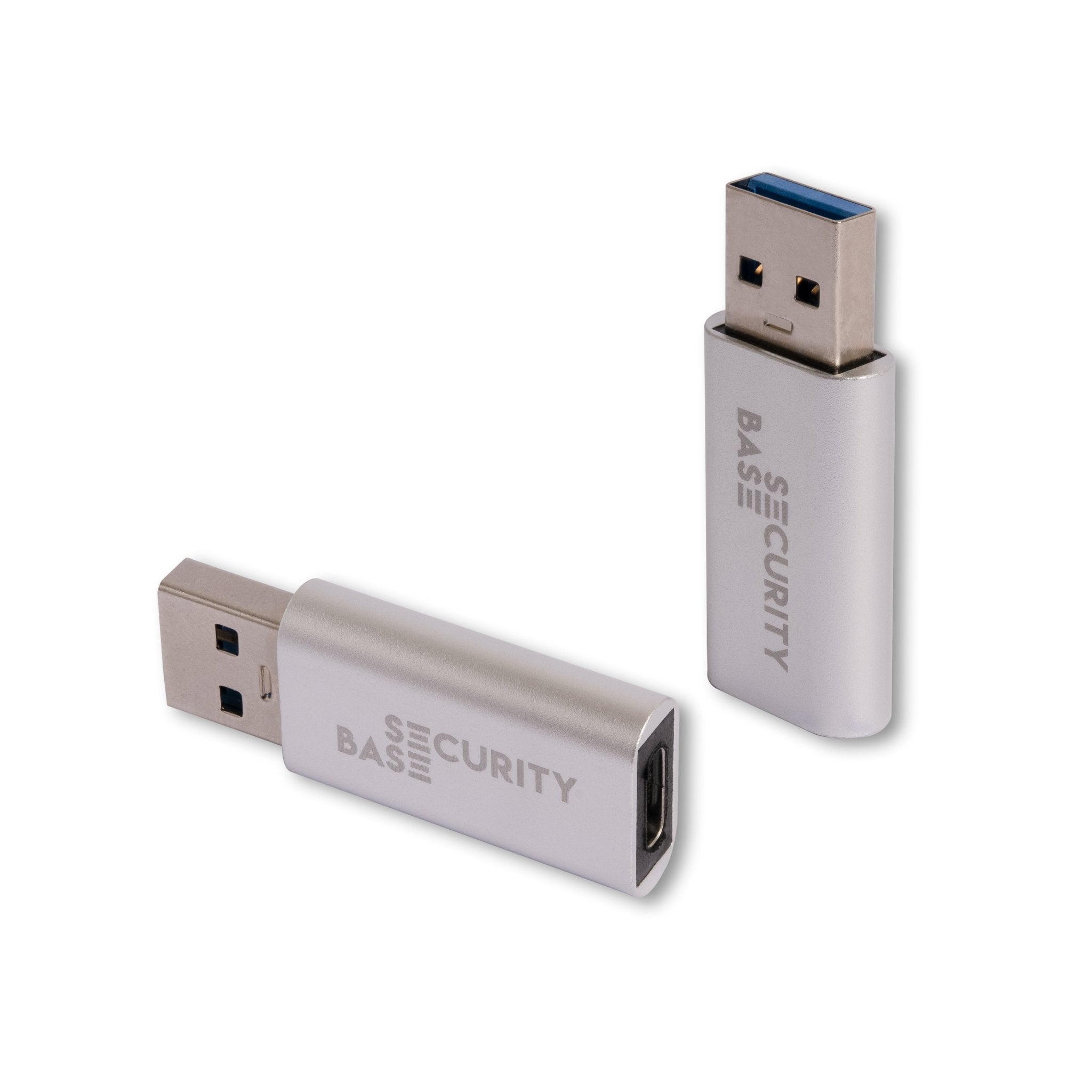
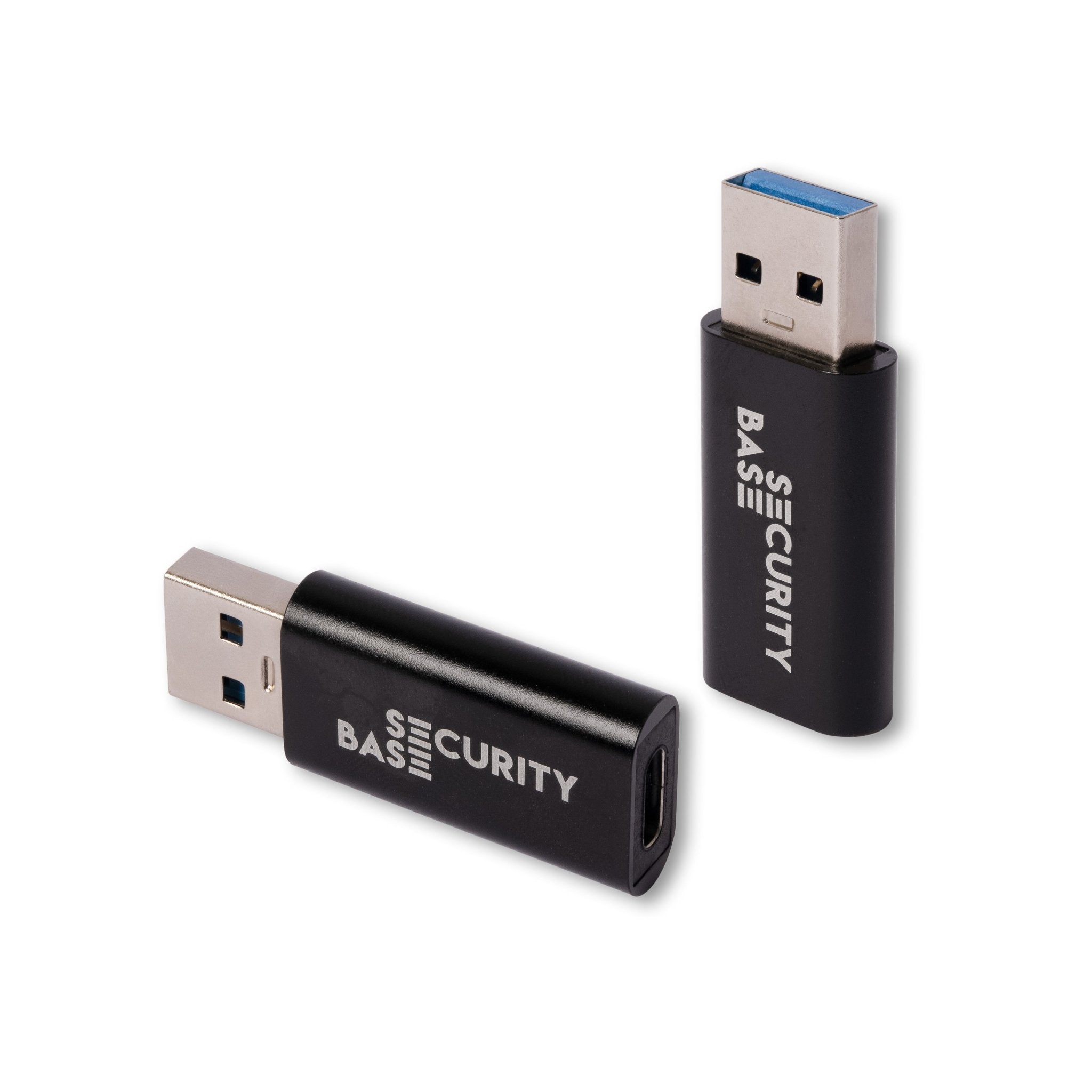
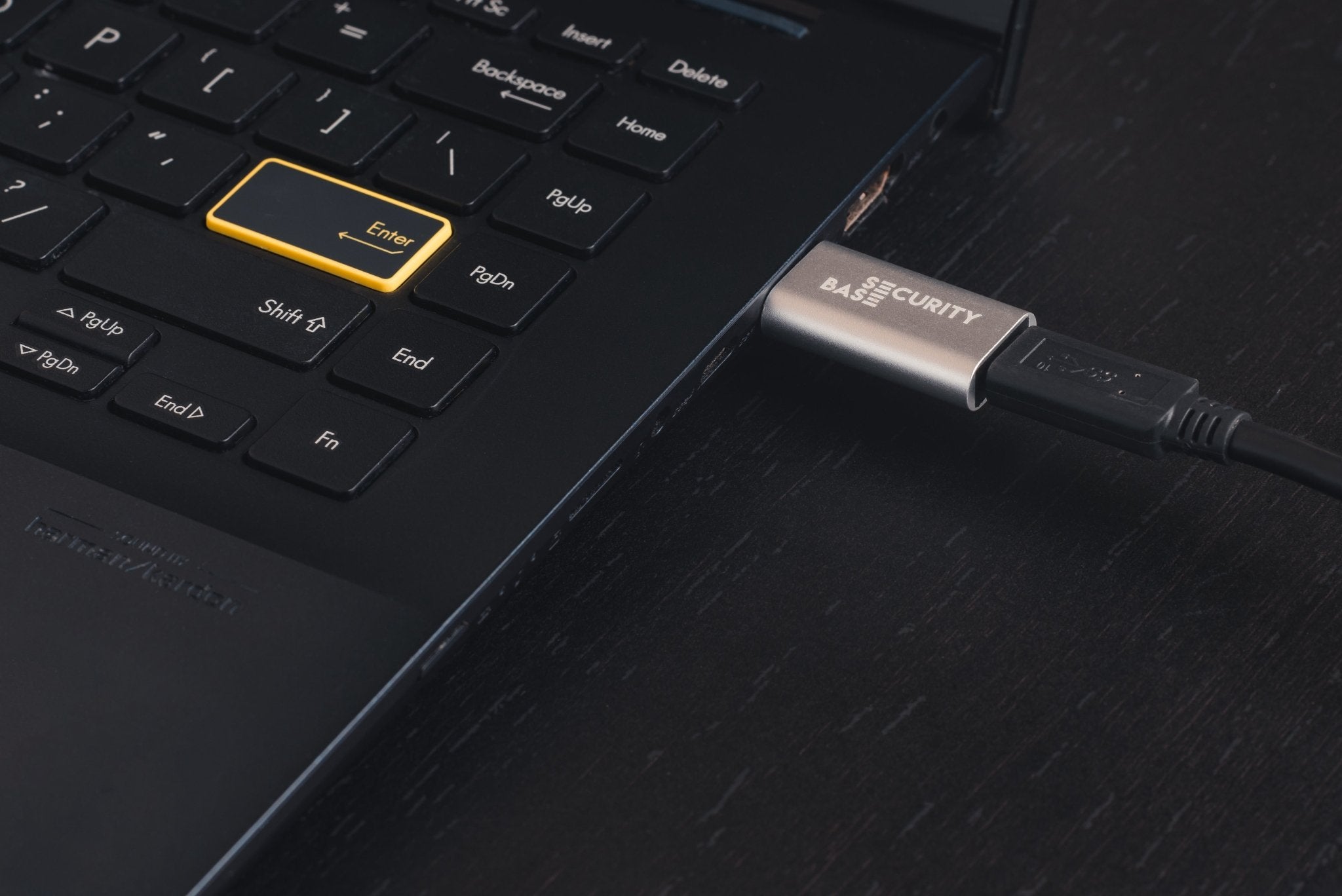


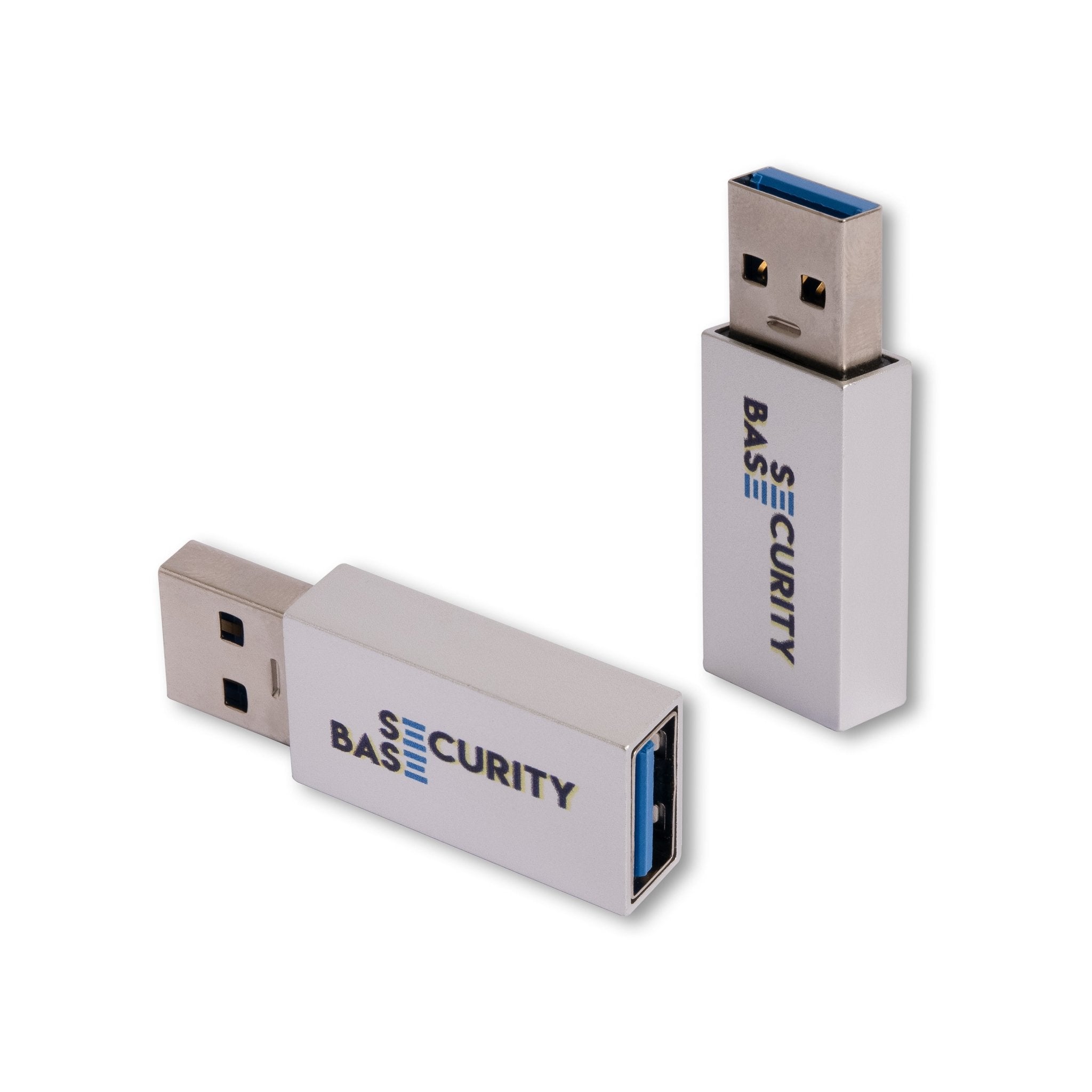
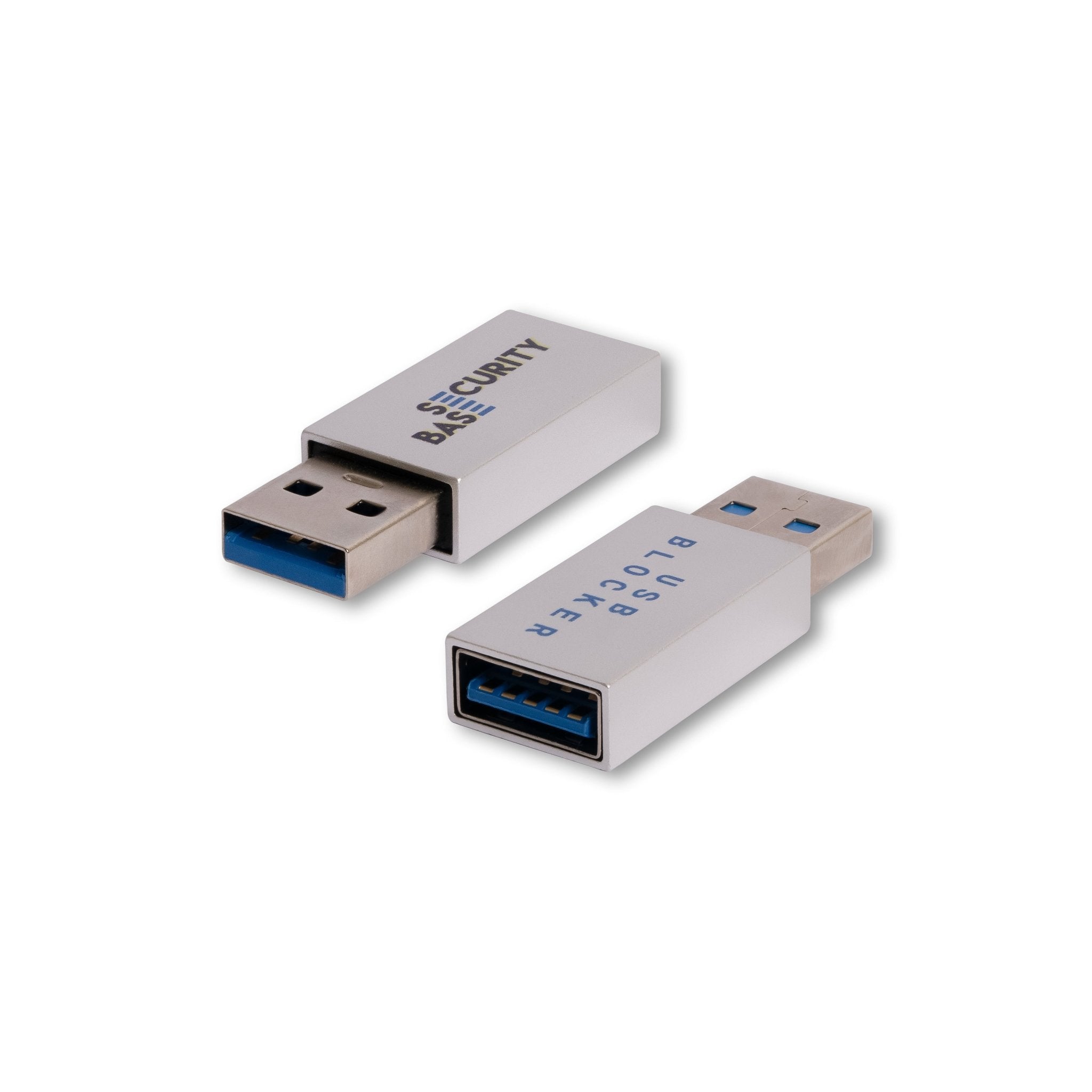

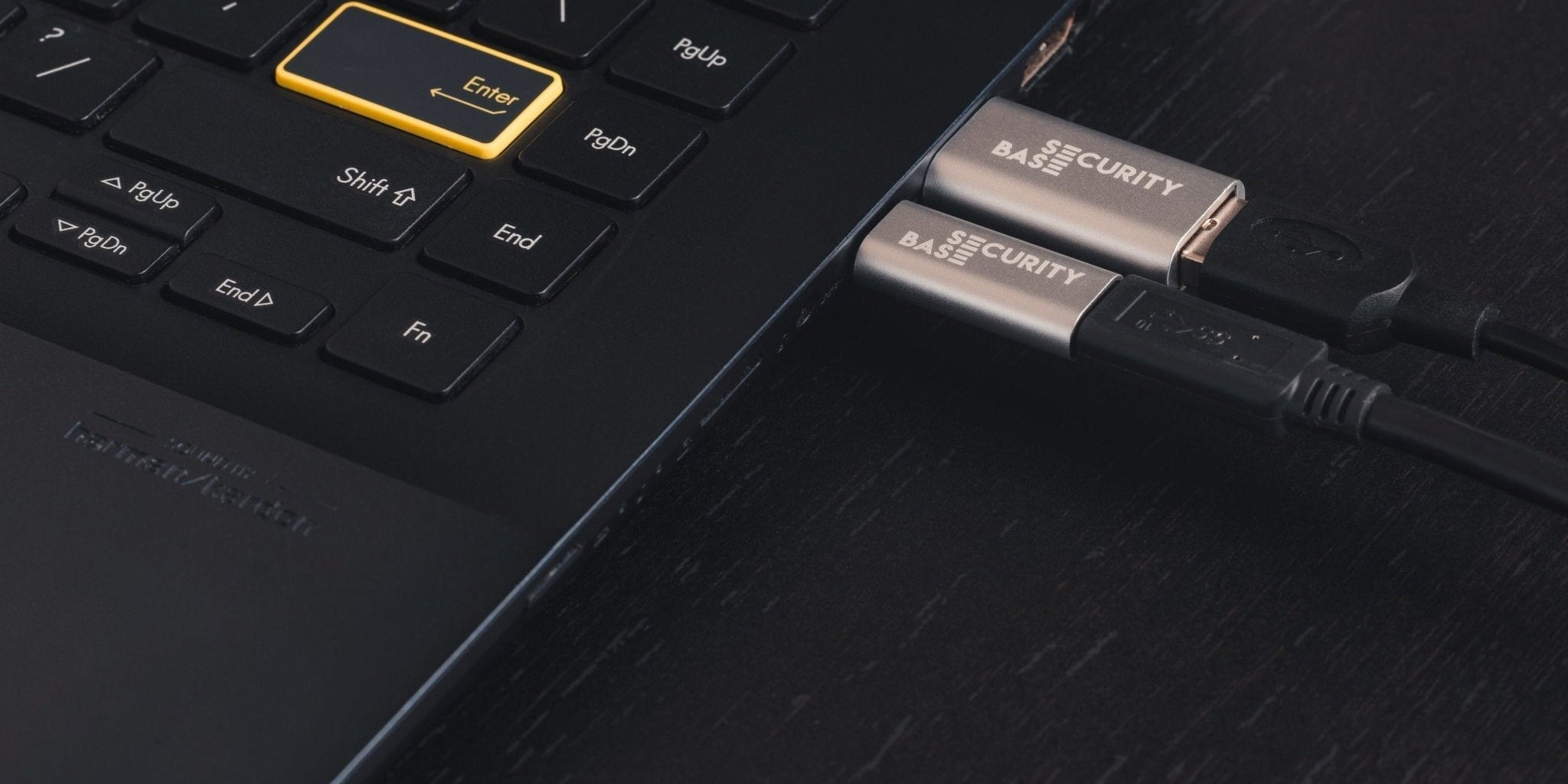



Normal USB devices have four channels: two for data and two for power. The data channels transfer data between the device and its connected station. The power channels are used to power and charge the device.
SecurityBase USB data blockers only have two power channels. This means that when you plug a USB data blocker into an USB port, only the power channels are connected to your device. The data channels are removed, so no data can be transferred. This allows your device to charge, but it cannot send or receive data.
Data blockers are easy to use and effectively protect against juice jacking. They are small and lightweight and can be easily carried around with you. SecurityBase has developed a USB Data Blocker which information security professionals have vetted, is tested in Australia and is guaranteed to block all data transfers.
Watch the video below to see a USB data blocker in action, preventing data transfer between a phone and laptop.